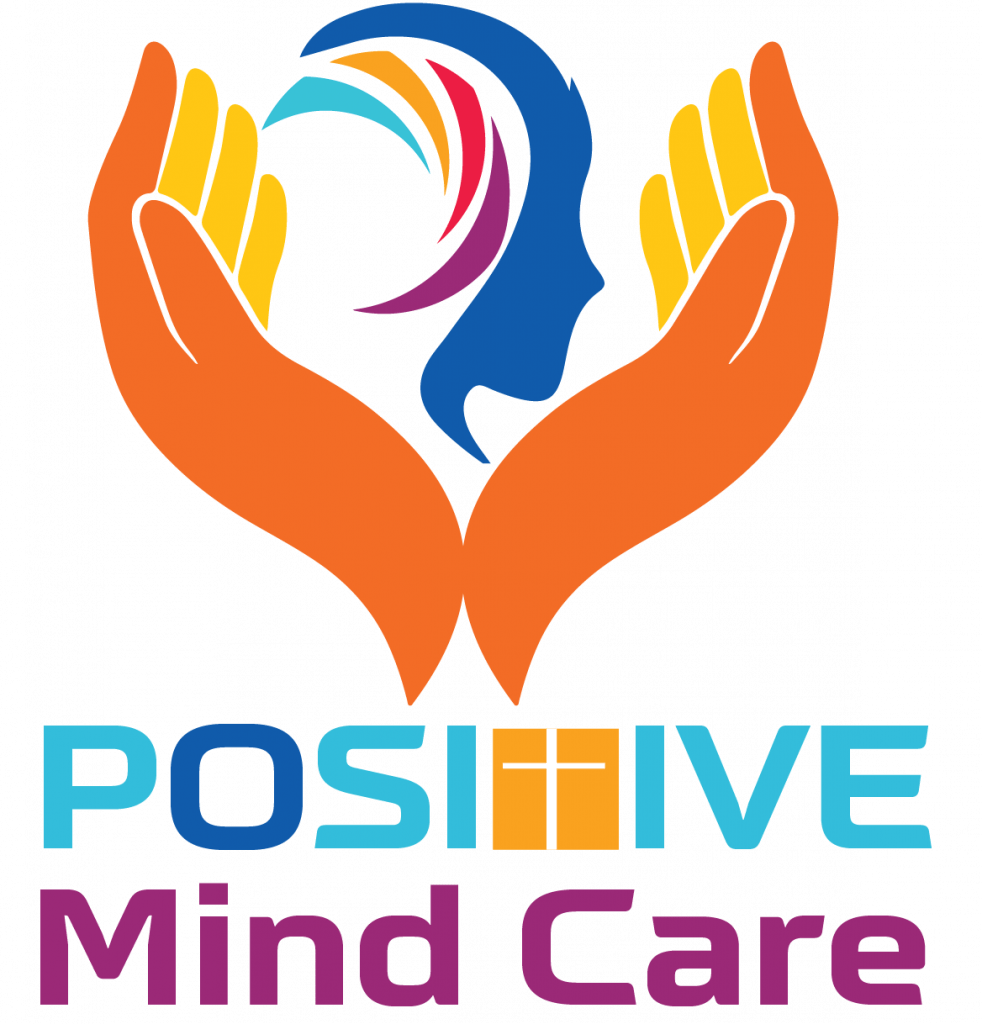Welcome to Positive Mind Care and Research Centre, your trusted destination for mental wellness. In this blog, we delve into the complex world of personality disorders, shedding light on the various types and their symptoms. Additionally, we’ll explore a groundbreaking therapy option, Deep Transcranial Magnetic Stimulation (Deep TMS), which offers hope and healing to those struggling with personality disorders.
Positive Mind Care is a main emotional well-being focus in Gurugram that offers an extensive scope of administrations to address different emotional well-being conditions. Deep Transcranial Magnetic Stimulation (Deep TMS) is a revolutionary treatment offered by Positive Mind Care, a renowned Gurugram mental health centre. In this article, we investigate the groundbreaking impacts of Profound TMS treatment and why Positive Mind Care is the best objective for those looking for successful gloom treatment in Gurugram.
What are Personality Disorders?
Personality disorders are a category of mental health conditions characterized by enduring patterns of behaviour, cognition, and inner experience that deviate from cultural expectations. These patterns often lead to significant distress and impairment in various areas of a person’s life, including relationships, work, and self-identity.
Common Types of Personality Disorders
Let’s take a closer look at some of the most prevalent personality disorders:
Borderline Personality Disorder (BPD): Individuals with BPD often struggle with intense emotional instability, fear of abandonment, and a shaky self-image. This disorder can lead to impulsive behaviors and turbulent relationships.
Narcissistic Personality Disorder (NPD): People with NPD exhibit grandiosity, a need for admiration, and a lack of empathy. They often believe they are special and superior to others.
Antisocial Personality Disorder (ASPD): ASPD is characterised by a disregard for the rights of others, manipulative behaviours, and a history of criminal activity. Individuals with ASPD may struggle to conform to societal norms.
Obsessive-Compulsive Personality Disorder (OCPD): OCPD involves an obsession with control, perfectionism, and rigid adherence to rules and routines. These traits can lead to difficulties in personal and professional relationships.
Avoidant Personality Disorder (AvPD): AvPD is marked by extreme social inhibition, feelings of inadequacy, and an intense fear of rejection. People with AvPD often avoid social situations to prevent potential humiliation.
Symptoms of Personality Disorders
While the specific symptoms vary among different personality disorders, some common signs include:
– Distorted self-perception.
– Difficulty in establishing and maintaining relationships.
– Impaired emotional regulation.
– Unpredictable behaviour.
– A chronic sense of emptiness or loneliness.
– A tendency to blame others for their problems.
The Role of Deep TMS Therapy
At Positive Mind Care and Research Centre, we believe in providing innovative and effective treatments to enhance mental wellness. One such treatment option we offer is Deep Transcranial Magnetic Stimulation (Deep TMS).
Deep TMS is a non-invasive therapy that uses magnetic pulses to stimulate specific areas of the brain associated with mood regulation and emotional stability. It has shown promise in treating various mental health conditions, including depression, anxiety, and yes, personality disorders.
How Deep TMS Works:
Deep TMS targets the prefrontal cortex, a brain region crucial for regulating emotions and behaviour. By modulating activity in this area, Deep TMS can help alleviate some of the symptoms associated with personality disorders, such as impulsivity, emotional dysregulation, and self-destructive behaviours.
Benefits of Deep TMS for Personality Disorders
Reduced Impulsivity: Deep TMS can help individuals with personality disorders gain better control over their impulses, reducing the likelihood of impulsive actions.
Enhanced Emotional Regulation: By regulating brain activity in the prefrontal cortex, Deep TMS can assist in stabilizing emotions, making it easier for individuals to cope with intense feelings.
Improved Self-Image: Deep TMS may contribute to a more positive self-image and greater self-acceptance, addressing some of the core issues in personality disorders.
Enhanced Therapy Outcomes: When used in conjunction with psychotherapy, Deep TMS can enhance the effectiveness of treatment for personality disorders.
The Importance of Holistic Treatment
It’s crucial to emphasise that while Deep TMS holds promise, it is most effective when integrated into a comprehensive treatment plan. Personality disorders often require a multi-faceted approach that includes therapy, medication (if necessary), and lifestyle changes.
Conclusion
Personality disorders can be incredibly challenging, both for those who experience them and their loved ones. However, with the right treatment and support, individuals can learn to manage their symptoms and improve their quality of life.
At Positive Mind Care and Research Centre, we are committed to providing cutting-edge treatments like Deep TMS, combined with compassionate care and therapeutic support, to help individuals on their journey to mental wellness. If you or someone you know is struggling with a personality disorder, please reach out to us for guidance and support. Remember, there is hope, and healing is possible.
Positive Mind Care in Gurugram is a beacon of hope for individuals battling with such disorders, thanks to its cutting-edge Deep TMS therapy and comprehensive approach to treatment. By outfitting the force of imaginative innovation and customised care, Positive Mind Care is changing lives and making ready for a more brilliant, more joyful future for its patients.
In this blog, we’ve explored the various types of personality disorders and their symptoms, highlighting the potential benefits of Deep TMS therapy as part of a holistic treatment approach. We hope this information serves as a valuable resource for those seeking to understand and overcome personality disorders.


